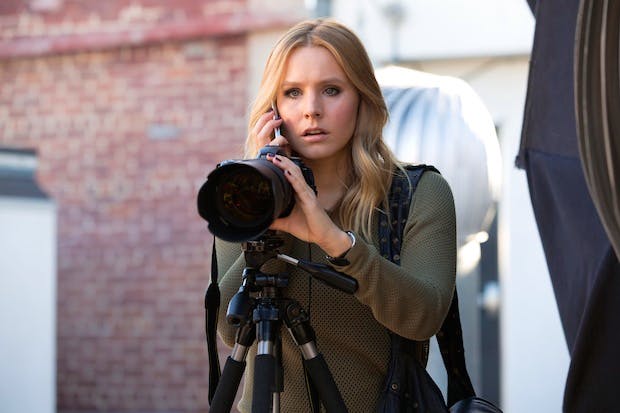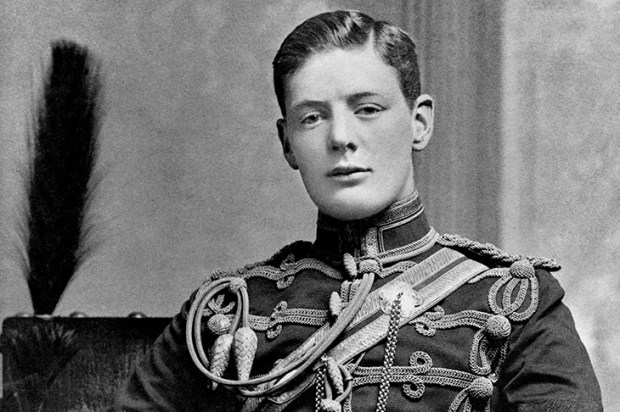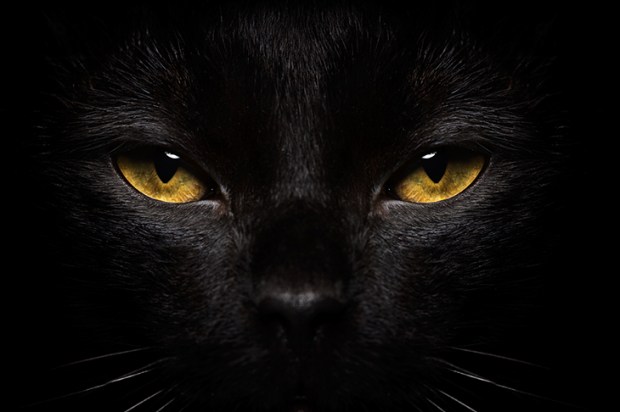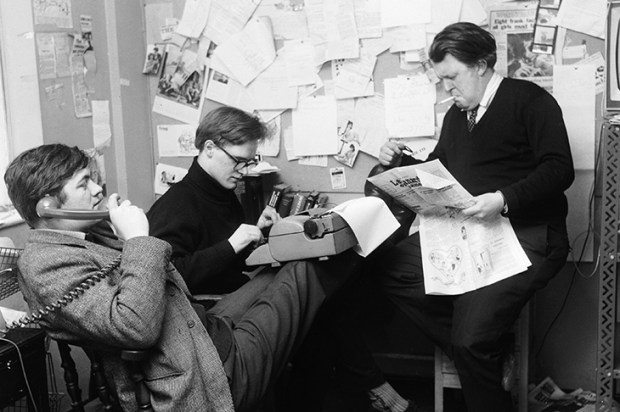If you happen to be reading this column at breakfast, I’d recommend you skip to something more agreeable like Dear Mary and save mine till a bit later. It concerns the ugly details of one of the most revolting mass murderers in US history.
His name is Kermit Gosnell — a doctor who ran a particularly dodgy clinic in Philadelphia specialising in late-term abortions for mostly poor black women. When police raided it in 2010, they encountered a scene of quite appalling horror. In a flea-ridden, blood- and faeces-stained basement, Gosnell had been operating on women using unsterilised equipment, killing babies well over the legal term limit, sometimes by sucking out their brains with a machine. In jars, milk jugs, even cat-food containers, Gosnell stored his grisly trophies: bits of old foetus, including, for some bizarre reason, a row of jars containing just the feet. Gosnell, who had no training in either gynaecology or obstetrics, and whose practice made around $10,000 to $15,000 a night from abortions and prescriptions, is now serving life in prison.
The Irish-born, US-based filmmakers Phelim McAleer and Ann McElhinney thought this modern true-life horror story deserved much wider coverage than it had garnered in the US media. But they knew they were in for a struggle because of the subject matter.
It wasn’t the violence that was going to be tricky but the politics. In the US, much more than in Europe, abortion is a hot-button issue — one responsible for some of the most bitter divisions between left and right. Nor did it exactly help that the villain of this particular story is black. So — just as they had done with their previous politically incorrect projects (Not Evil, Just Wrong — presenting a sceptical view of climate change; Frack-Nation — a film in praise of shale gas) — they decided that rather than seek production money from the usual congenitally liberal Hollywood suspects, they would do so via internet crowdfunding.
First port of call was Kickstarter, the platform which claims so far to have raised in excess of $1 billion from 5.7 million donors for 135,000 projects such as films, albums, stage shows, comics and journalism start-ups. According to Kickstarter’s CEO Yancey Strickler, it’s ‘a place of opportunity for anyone to make their thing happen … a living breathing cultural institution that’s there to represent the interests of everybody.’
Well, not quite everybody, as the filmmakers discovered. Though Kickstarter didn’t immediately veto their proposition, it put all sorts of obstacles in their way — failing to respond to multiple emails and then demanding that they change the language of their pitching proposal because phrases like ‘thousands of babies stabbed to death’ were in breach of the site’s terms and conditions.
Which might sound reasonable, except that as McAleer noted, these terms and conditions didn’t seem to apply to any of Kickstarter’s other, less politically charged proposals. These included: 16 projects about stabbing; five about incest; one with the ‘C’ word in the project description; 44 projects about rape; 28 with the ‘F’ word in the title. McAleer’s bigger concern was that Kickstarter reserved the right to pull the plug on the fundraising at any moment. He decided to take his business to Indiegogo instead.
This week, the Gosnell project became one of the most successful movie crowdfunding ventures in history, having already raised $1 million of its $2.1 million target. Though it’s some way from the movie record — over $5 million raised for the neo-noir mystery comedy-drama Veronica Mars — what’s different about the Gosnell film are its politics. Unashamedly — and very unusually in crowdfunding project terms — it is aimed at mainly conservative audiences.
‘We got off to quite a slow start because conservatives are not natural joiners. They don’t join mobs — that’s for lefties. But support has grown steadily for this project and what makes us different from say, gimmicky projects where Spike Lee crowdfunds his new movie, is that we’re not being bailed out by a handful of rich celebrities. Over 12,000 people have pledged to our project so far, ordinary folk making small donations just because they care,’ says McAleer.
If he’s right in his analysis — and I think he is — the Gosnell project could mark a major turning point in arts funding. For generations, a left-liberal-dominated creative establishment, from Hollywood and National Public Radio to the BBC and the Arts Council, has largely dictated the kind of films, plays, even art shows we are and aren’t allowed to see.
I had a taste of this myself, only last year. A veteran producer and screenwriter went to Hollywood to try to raise funds for a movie he wanted to make of my anti-environmentalist book Watermelons, which he intended to recast as a conspiracy thriller. Now there may well have been many sensible reasons to reject the idea — such as its similarity to Michael Crichton’s State of Fear. But that wasn’t the one offered. In every meeting the response was the same: the science is settled; the debate about climate change is over.
Now I’ve no problem with projects not being made for sound commercial reasons: that’s capitalism. But if they’re turned down for reasons of political correctness, that looks to me much more like a case of soft fascism. And up until now there has been very little those of us on the right have been able to do about it. The BBC and Hollywood are swarming with intolerant, controlling lefties and that’s the way it is. Or rather — praise be to the mighty liberating powers of the internet — the way it was…
Got something to add? Join the discussion and comment below.
Get 10 issues for just $10
Subscribe to The Spectator Australia today for the next 10 magazine issues, plus full online access, for just $10.















Comments
Don't miss out
Join the conversation with other Spectator Australia readers. Subscribe to leave a comment.
SUBSCRIBEAlready a subscriber? Log in